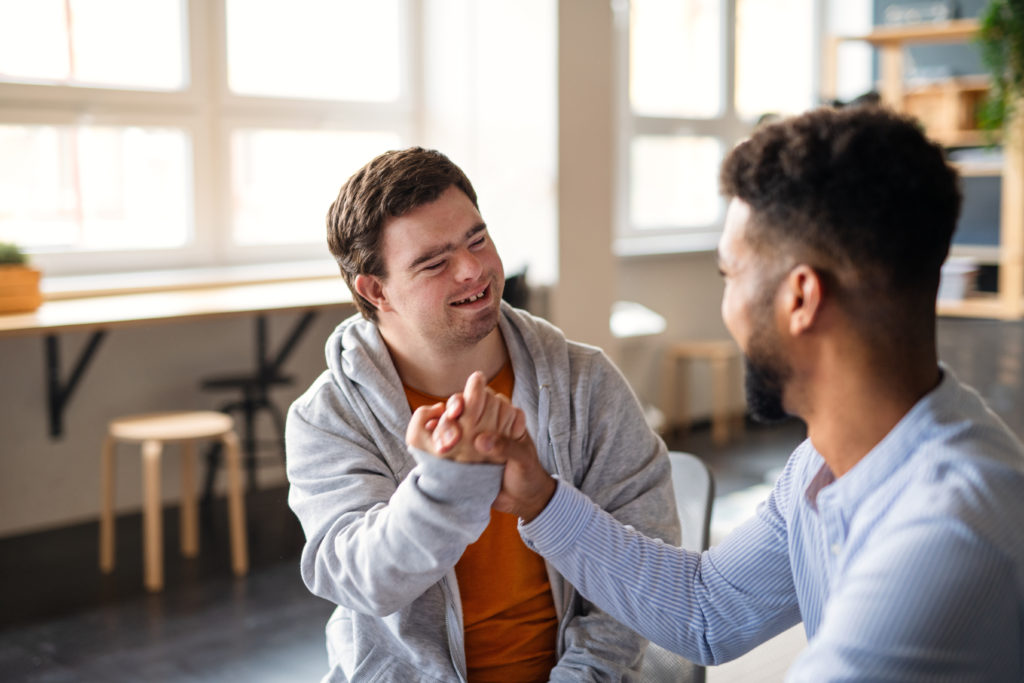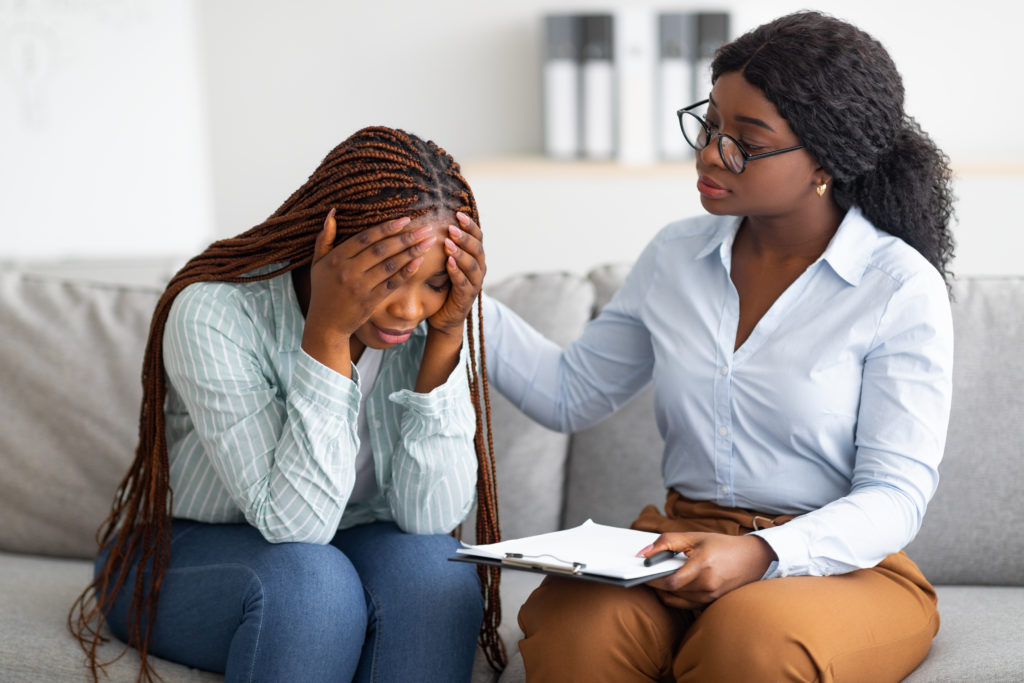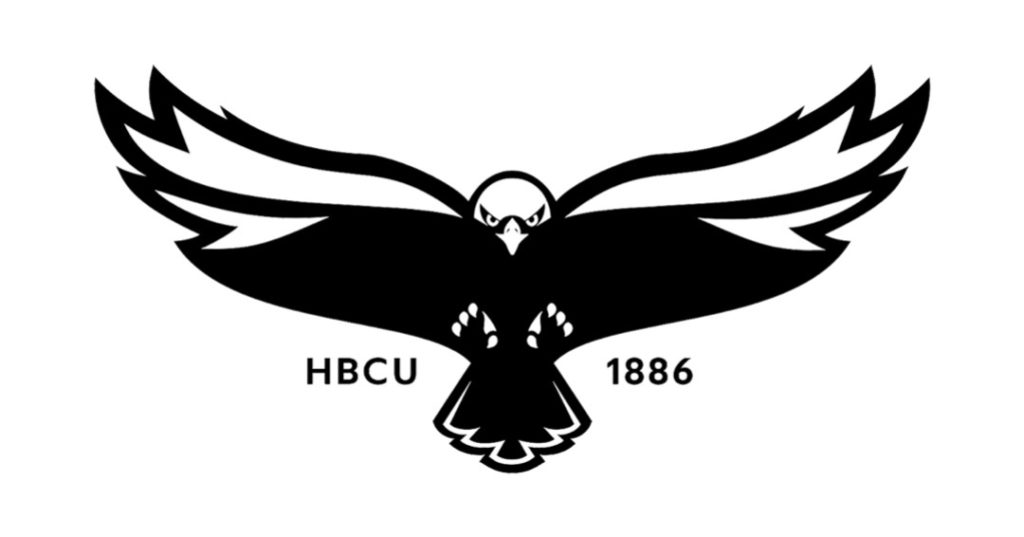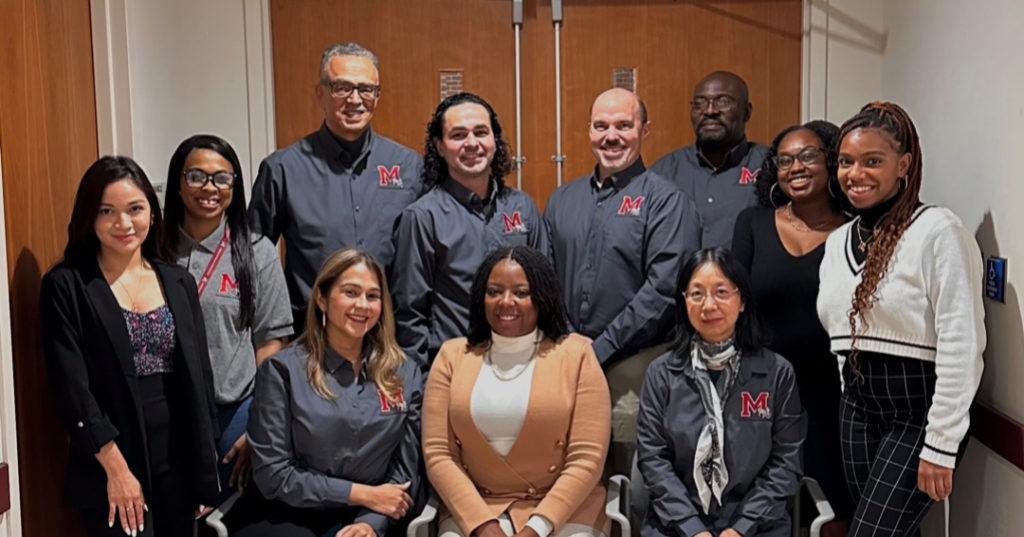B.S. REHABILITATION SERVICES

MISSION
“The Bachelor of Science in Rehabilitation Services. Flexibility in the curriculum allows students to work on prerequisites for occupational therapy, physical therapy, and physician assistant or other graduate programs. Courses are developed for students to be prepared for employment in rehabilitation and related human service professions. Students are prepared to work as case managers, in mental health centers, developmental disability centerss, and residential chemical dependency treatment centers along with various other settings.”

OUR PROGRAM








